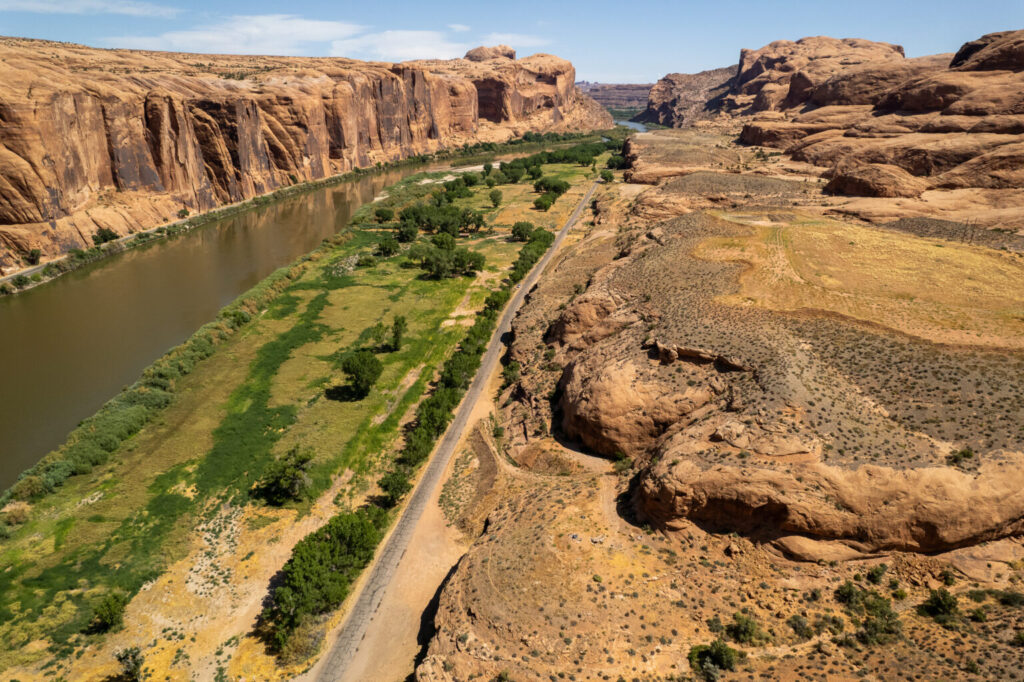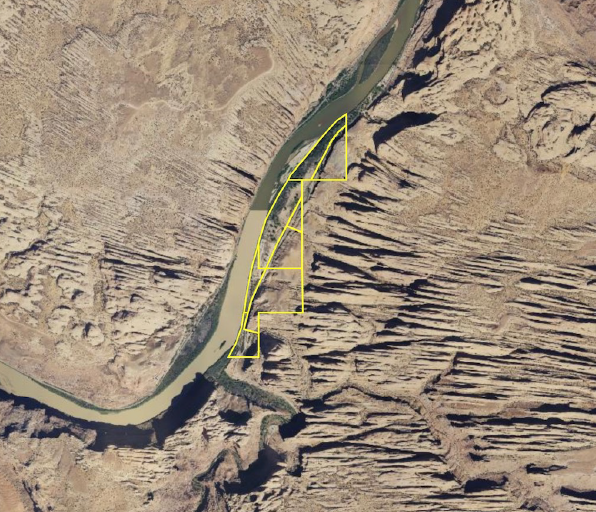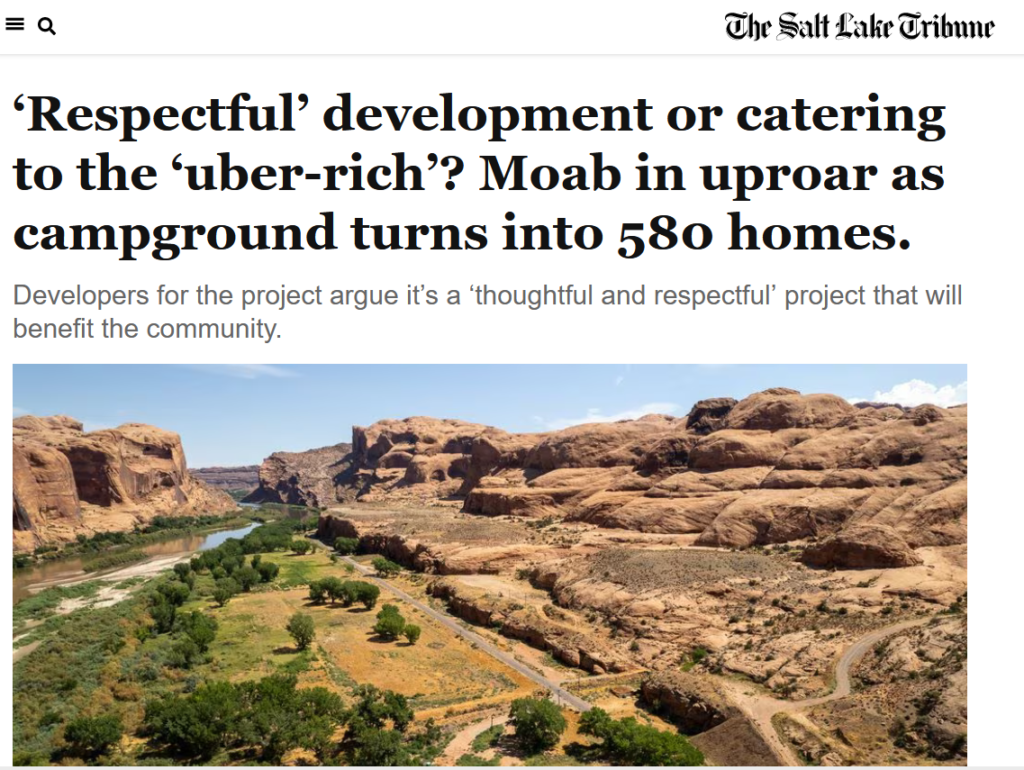We work to advance conservation issues that the National Sierra Club and the Colorado Sierra Club advocate, as well as our own regional issues. Here are some current ones, followed by more information and links for them below:
* H.R.764-118th 2023-2024 "Trust the Science Act"
* The Kane Creek Development near Moab, Utah.
* Voluntary Grazing Permit Retirement Act - HR6314, need to write your congresspeople!
* Protect the Dolores River
* Oppose the Energy Permitting Reform act of 2024
* Toxic chemicals on our farmlands
* HR 764-118th 2023-2024 "Trust the Science" bill
Congresswoman Lauren Boebert introduced this bill, it has passed the House. It is an Act to require the Secretary of the Interior to issue regulations removing the gray wolf from the list of Endangered and Threatened Wildlife.
Historically wolves were native to Colorado. Presently there are just 7 adult and 4 pups in the state. Wolves are considered a keystone species in an ecosystem because they play a crucial role in regulating prey populations, which in turn impacts vegetation and the overall health of the environment by preventing overgrazing and allowing other plant and animal species to thrive.
There are 7.8 million acres of public lands used for cattle grazing in Colorado.
Write to: Senator Bennet, Senator Hickenlooper and
Colorado Parks and Wildlife: Jeff Davis, Executive Management Team
6060 Broadway
Denver, CO 80216
(303) 297-1192
* Stop the Kane Creek Development!
We just launched our first Crowdfunding Campaign
Over 10,000 people have signed so far!
Help STOP the Kane Creek Development
Kane Creek Preservation and Development LLC is in the process of leveling and back-filling in180 acres of riparian area in the King’s Bottom floodplain. Located two miles from Moab along Kane Creek Road, this site was formerly a rustic campground and open space along the Colorado river.
The developers Craig Weston, Trent Arnold, and Tom Gottleib have taken advantage of a loop hole in Moab’s zoning and have used back door politicking to initiate plans to construct 500+ luxury homes in addition to commercial and industrial areas.
This area is a National Park worthy scenic landscape and important habitat for migrating birds and resident wildlife. It is a gateway to residents’ and visitors’ favorite trails, canyons, and cliffs as well as noteworthy archeological sites.


Current Status
Grading and filling of the floodplain by Salt Lake Excavation has begun following approval of the sewage treatment facility. We can STOP this. Please consider donating to help cover our legal fees.
* Voluntary Grazing Permit Retirement Act - HR 6314
Bill to authorize the permanent retirement of grazing permits. We need to write our Congresspeople about this. Here are some points to help :
Positive Impacts
*Gives ranchers a chance to retire. Offspring not wanting to carry on.
*Would help native vegetation and sensitive ecosystems a chance to regenerate & heal.
*Would cut down on the spreading of invasive plant species.
*Would help streams recover from degradation and pollution.
*Quality recreation experiences.
*Protect sage grouse.
* A tool for ranchers & conservation.
* Protect the Dolores River
|
|||||||||||||||||||||||||||||||||||||||||||||||||||||||||||||||||||||||||||||||||||||||||||||||||||||||||||||||||||||||||||||||||||||
* Oppose the Energy Permitting Reform Act of 2024
|
||||||||||||||||||||||||||||||
|
||||||||||||||||||||||||||||||
|
* Keep Toxic Chemicals out of our Food!

Toxic sewage fertilizer is contaminating farmland across America. This sludge often contains toxic PFAS, also known as "forever chemicals," that are linked to cancer, reproductive disorders, and a host of other illnesses. These chemicals shouldn't be allowed anywhere near our food. Tell your governor to ban the use of toxic sewage sludge on farmland. For years, America's farmers have used sewage sludge, a byproduct of wastewater treatment, as a cheap fertilizer. But here's the problem: Surveys have found that this sewage sludge can contain PFAS levels high enough to make the farm's produce unsafe to eat.1 The Environmental Protection Agency says that no amount of PFAS exposure can be considered safe. Even in the tiniest quantities, PFAS are linked to cancer, birth defects, thyroid disease, and a host of other problems.2 We shouldn't let these toxic chemicals anywhere near us, let alone in the farms that grow our food. But increasingly, farms have discovered that crops and animals raised on land fertilized by sewage sludge are also contaminated with PFAS. A Maine study found that 68% of farms using sewage sludge fertilizers were contaminated with PFAS. That's a scary statistic, especially considering that as many as 70 million acres of U.S. farmland use sewage sludge fertilizer.3 Maine, Michigan and Connecticut have already banned the use of PFAS-contaminated sewage sludge as fertilizer. Toxic PFAS sludge has turned up in Texas, Tennessee, New York, and numerous other states. We're only scratching the surface of the problem. Tell your governor to ban the use of PFAS-contaminated fertilizers and keep toxic chemicals off our plates. How did it come to this? Industries started using PFAS decades ago without examining the health effects of the chemicals. Now they appear in everything from clothes to water bottles to breast milk. We leapt before we looked, and now we're paying the price.4 And here's the scariest part: PFAS aren't going away. They're called "forever chemicals" because they can take thousands of years to break down. Any PFAS that we release into our farms or homes are there to stay. There's no reason to spread "forever chemicals" on thl where we grow our food. Let's end this source of contamination so we can stop worrying about our food being grown in toxic soil. Send a message to your governor: Let's stop growing our food in soil fertilized with toxic PFAS.
|
|
|
|









